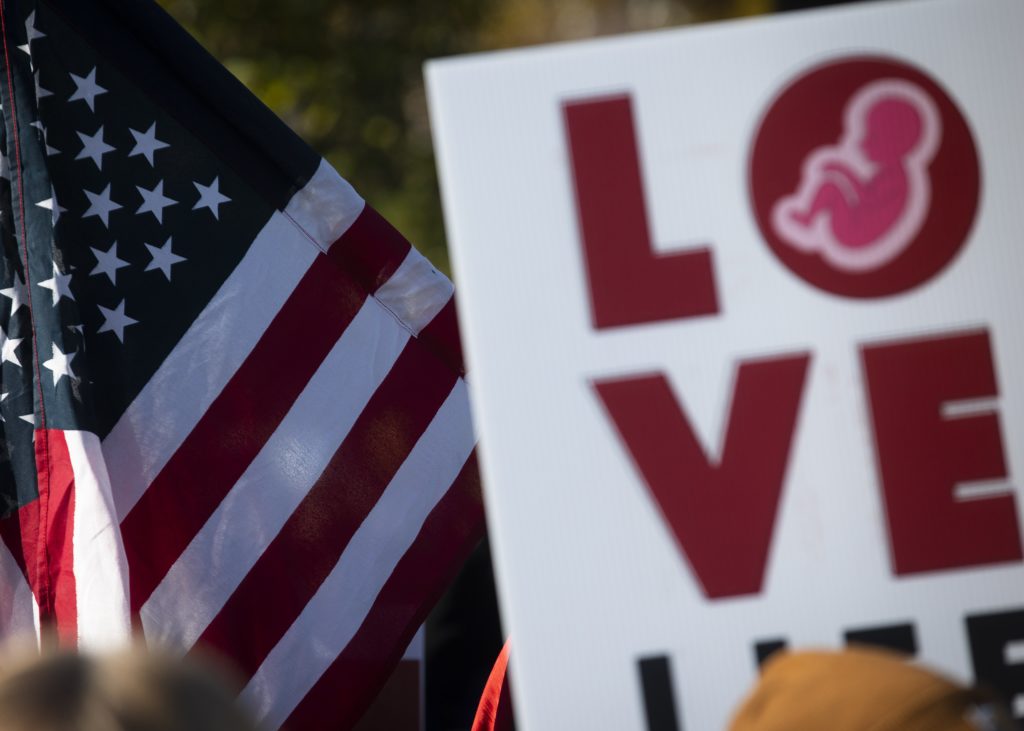“Pity? It was pity that stayed his hand. Pity, and Mercy: not to strike without need. And he has been well rewarded, Frodo. Be sure that he took so little hurt from the evil, and escaped in the end, because he began his ownership of the Ring so. With Pity.”
Readers may recognize these words from the first book of J.R.R. Tolkien’s “Lord of the Rings” trilogy: “The Fellowship of the Ring.” Gandalf is speaking to Frodo, who has just said he believes that Gollum — a creature who is causing the fellowship, and the whole world, very serious problems — should have been killed to spare them their current ordeal.
Gandalf responds that “the pity of Bilbo may rule the fate of many.”
These 10 words may sum up the central theme of Tolkien’s entire trilogy — it is the only declaration he puts in all three books.
For those who know how the story ends, it is the pity and mercy shown to Gollum that allows their quest to succeed. Without such a merciful response, evil would have triumphed.
It is not surprising that Tolkien wrote such a story. As a faithful Catholic, he believed that every one of us is saved by Christ’s merciful response to the world.
His mercy is so overwhelming, so beyond reason, that to many it may seem like foolishness.
Graham Greene, another Catholic writer of fiction, put it this way in “Brighton Rock”: “You cannot conceive, nor can I, the appalling strangeness of the mercy of God.”
We are now several weeks out from the Supreme Court’s Dobbs decision. If you are on social media, you are aware of the incredible anger and vitriol which it has wrought. Perhaps you’ve experienced it in person as well.
A friend recently asked me where this anger was coming from. I responded, “A dam holding back a deep reservoir of pain has been breached and the contents are now bursting forth in all directions.”
Dozens of millions of abortions have been procured since Roe v. Wade, profoundly affecting the lives of generations of women (and men and broader families). Many women who didn’t want abortions were forced into getting them. Some women chose abortion after hearing the lie that it was necessary for them to find personal or professional success.
What must these millions of wounded men and women tell themselves just to get through the day?
Women very often build up psychological walls to protect themselves from the reality of what happened. Indeed, our throwaway culture has been able to keep these walls firm and thick by using euphemisms like “reproductive choice” and “health care” to hide what abortion is and does.
The result is that, in polite society at least, abortion simply hasn’t been discussed very much. Roe had put it basically out of political touch for the most part, and the euphemisms keep its reality out of most of the day-to-day lives of non-activists.
Post-Dobbs, that has all changed. We can see the white-hot pain from abortion bursting forth from its protective shell as women “shout their abortions,” as pro-lifers are compared to white supremacists, and as abortion supporters vandalize crisis pregnancy centers.
Indeed, the desire to push away the reality of abortion is so powerful that, not only are folks angrily refusing to listen to pro-lifers talk publicly about abortion, they are refusing to listen to pro-lifers talk publicly about almost anything.
How to respond?
As Catholics we are called to follow the example of Christ. And in this context we are called to bring the mercy and compassion of God to those hurt by abortion. This does not mean that we are to say what these women and men did was right. After showing mercy, Christ was clear to say, “Go and sin no more.”
On the contrary, it is abortion’s grievous wrongness that can make God’s mercy so appallingly strange.
As was the case with Bilbo, our capacity to show mercy may rule the fate of many, especially when it comes to abortion.
In California, along with many other states across the country who strongly support abortion, the lift for pro-lifers many seem close to impossible. Indeed, we may seem like pathetic little Hobbits attempting to take the One Ring into Mordor to destroy it in the fires of Mount Doom.
Without acquiescing on the profound wrongness of abortion, the pro-life quest may succeed only if we show mercy and love, making space for the wisdom and peace of God to prevail.
This means finding ways to invite women and others hurting from abortion to retreats and other resources, including the sacrament of reconciliation. But the primary way we may live this out is by meeting those hurling hateful and vitriolic insults our way with words and actions so infused with mercy that they go beyond reason. That they seem like utter foolishness to the wise.
The outcome is up to God. But recall Gandalf's warning to Frodo that there is much at stake for him in this scenario — that he must follow Bilbo in showing mercy or the very evil he is trying to destroy will overmaster him.
That’s the same risk many of us are facing, to respond in kind to the vitriolic evil hurled our way. The Christian alternative, as Tolkien understood, is to die to one’s own ego and instead be ruled by the appalling strangeness of Christ’s mercy. Our own merits are not enough for the quest to succeed.

